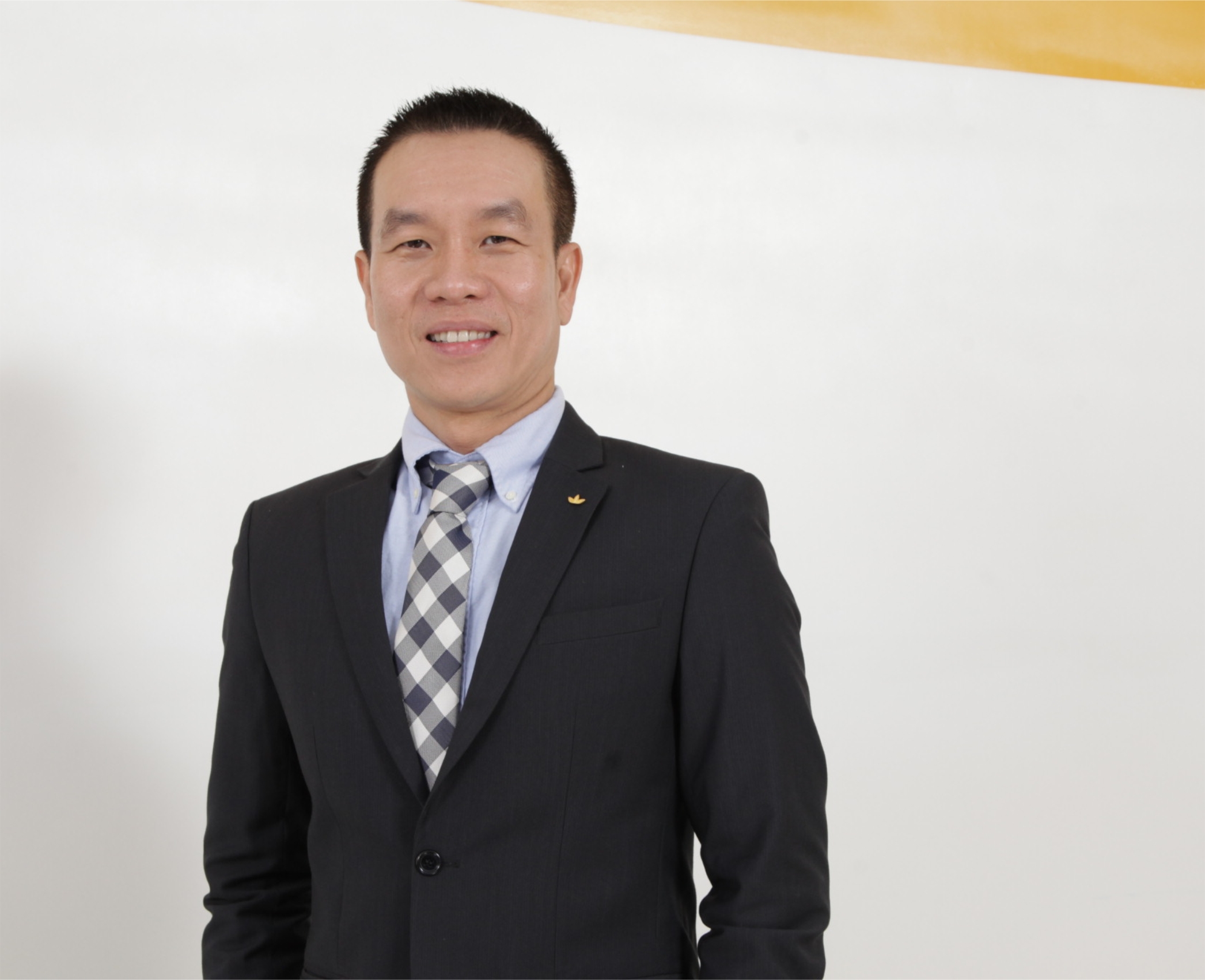With the main aim of providing women in rural areas with steady incomes so that they can play an active role in their families and strengthen their social status, BAT Vietnam has collaborated with the Viet Nam Women’s Union to launch a programme titled “Empowering Women”.

With the main aim of providing women in rural areas with steady incomes so that they can play an active role in their families and strengthen their social status, BAT Vietnam has collaborated with the Viet Nam Women’s Union to launch a programme titled “Empowering Women”.
Truong Van Toan, Head of the company’s Legal and External Affairs Department, speaks about the programme and his thoughts on the role of women and how to empower them.
Please tell us something about “Empowering Women” that you are carrying out along with the Viet Nam Women’s Union?
“Empowering Women” is a programme which has been implemented jointly by our company and the union starting in May this year.
We decided to undertake the programme with a vision of creating a better future for Vietnamese women, especially those living in disadvantageous conditions.
In the first year of the programme BAT will authorise the union to use VND1 billion to provide interest-free loans to women in An Giang and Dong Thap Provinces.
We chose An Giang and Dong Thap Provinces since we found that many women there live in disadvantageous conditions. Most of them live off agriculture meaning they are free after the crop is harvested.
Each woman taking part in the programme will get an interest-free loan of VND5 - 10 million to start a new job in their free period after the main crop.
Along with financial support, we will also help them choose a suitable job that brings them a large income like planting short-term crops or raising livestock.
In addition, women in the programme will receive lessons and consultancy on how to manage capital, legal issues and how to achieve work-life balance.
After the first year we will review the results of the programme and decide how to expand it to other provinces.
Within three years the programme aims to help 500 poor women start up their own business and escape from poverty.
The programme promises new opportunities for women, especially those living in border areas. How will the programme be managed to achieve success?
Our company and the union will make assessments every three or six months to see how successful the programme is.
These studies are very important since we will decide how to extend the programme based on them.
With this programme, we want to give women a fishing rod, not a fish. This is an effective way to empower women, I think, because a woman will be more confident when she is independent in terms of finance.
Furthermore, with improved incomes women will be better able to take care of their children and families as well as to develop a sustainable livelihood.
What do you think about empowering women in Viet Nam and how can women play a greater role in the development of the country in this modern era?
Empowering women is an intelligent investment, and it should be widespread to help achieve the goal of sustainable development.
Empowering women is in response to the national strategy on gender equality by 2020, which seeks to ensure the participation of women in all areas including politics, economy, society, and culture.
Society has been developing and women have contributed much to that development.
Women have many strengths and capabilities that men do not. Women in Viet Nam have many virtues that women in other countries do not. They are industrious, diligent and always ready to dedicate themselves or make sacrifices for their children and families.
Time has passed and many traditional social norms have changed and Vietnamese women now not only focus on domestic work but also join many societal activities and play many important roles.
Vietnamese women have changed a great deal in the way they take care of themselves and their families. They also carry themselves more confidently in society. It is significant that their awareness of their role in society has improved.
Many women play leading roles in companies and society such as former Vice President Nguyen Thi Binh and National Assembly Chairwoman Nguyen Thi Kim Ngan.
Vietnamese women are in no way inferior to men at anything.
It is said there four factors in empowering women: themselves, men, companies they work for and the Government. Do you agree? What should we do to raise society’s awareness of the need to empower women?
In my opinion, all these four factors are important to empower women and strengthen their role in society.
For instance, many women are in important positions. Without their own effort and support from the Government they will not have this opportunity or be able to perform their tasks competently.
Without any one of these four factors, it is difficult to empower women.
Changing perceptions about gender is the responsibility of not only policymakers but also everyone in society.
We need to create alliances to mobilise support for women.
We also need to organise meetings to talk about successful women so that other women can analyse and learn from that.
This is also a reason for running our programme to empower women: Women who succeed through the programme will be exemplars for others around them.
How are women empowered in your company?
In our company, women’s participation in leading roles is obligatory. For all important positions we identify women who will replace women executives who leave.
Women occupy nearly 30 per cent of all important positions in the company.
Our company has over 350 employees, and many of them are women from all over the country.





